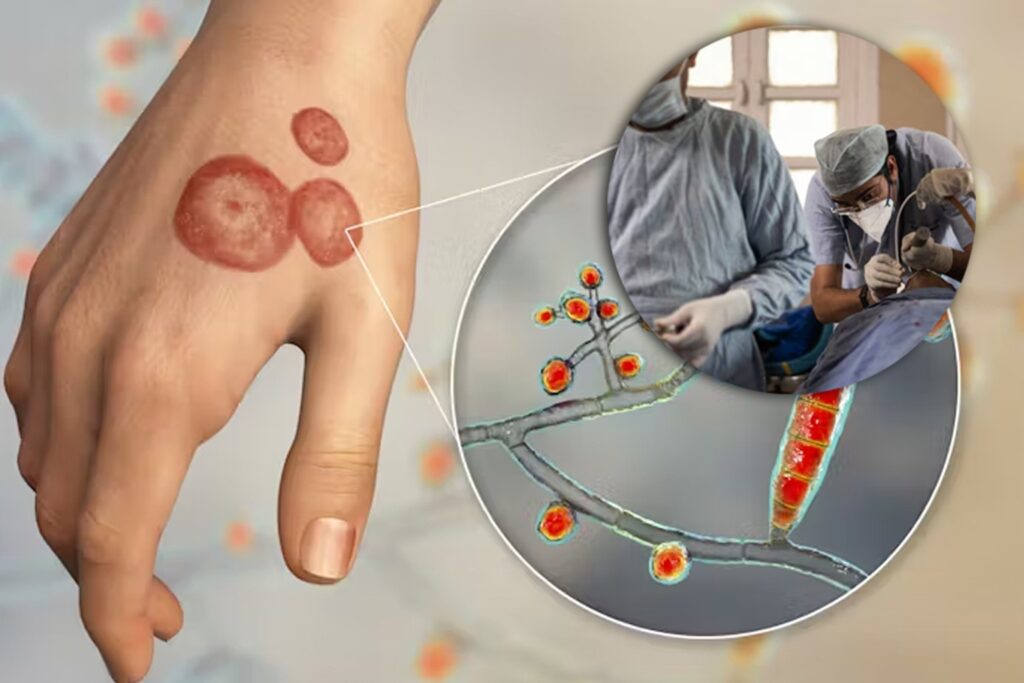
World Health Organization (WHO) has expressed serious concerns over the increasing danger of fungal infections, especially drug-resistant ones. WHO believes that drug-resistant strains of fungal infection such as Candida infections are developing quite often in vulnerable patients such as cancer patients undergoing chemotherapy, HIV-infected patients, and transplant patients.
The international health agency stressed that fungal infections are now posing a serious public health issue because there are no good treatments and scanty diagnostic facilities. This is particularly in the low- and middle-income nations whose access to developed healthcare facilities is generally bad.
WHO has just released a report underscoring the urgent need for improved antifungal drugs and diagnostic tests. Invasive fungal infections are a severe threat to immunocompromised patients, the agency states, but too many countries lack treatments available on the shelf to save patients.
Dr. Yukiko Nakatani, WHO Assistant Director-General for Antimicrobial Resistance, emphasized that the current gaps in diagnosis and treatment are placing millions at risk. Certain fungal infections have been placed on WHO’s Fungal Priority Pathways List (FPPL) as ‘critical priority’ threats, with 88% mortality rates in the worst-case scenarios.
As the cases of fungal infections have continued to rise, the development of new treatments has been slow. Over the last decade, four new antifungal drugs were approved, and currently only three are in the third and last phase of clinical trials, signifying that remarkable improvements in treatment are yet a number of years away. Lack of antifungal drugs is compounded by the fact that these drugs have toxic side effects, drug interaction, and need extended hospitalization.
The second crucial issue raised in the WHO report is the insufficient availability of antifungal medication for children. Paediatric formulations and trials to combat fungal infections in children are still few, making the young patients highly susceptible.
Along with the treatment problems, the WHO diagnostics report confirmed that diagnosis for fungal infection is commonly costly, time-consuming, and requires sophisticated laboratory facilities. This has rendered them inaccessible to the majority of health facilities, especially in low-resource settings. Lack of affordable and reliable diagnostic choices translates to delay in early detection and timely treatment, further fueling the risk of fungal disease.
To meet this new public health challenge, WHO also urges immediate global investment in research and development of antifungal drugs. Further financing to help support strengthening surveillance systems, economic incentives to industry to speed up product development, and research into immunity-based therapy are being suggested by the institution.
Improving access to affordable and fast diagnostic tests is also a priority area, as early diagnosis is important to treat fungal diseases effectively. WHO again emphasizes that if there is no urgent and collective action, the world could see a growing public health crisis fueled by drug-resistant fungal infections.
With fungal infections still spreading and evolving, WHO’s warning is a reminder that this issue needs to be a priority on the global health agenda. More awareness, research dollars, and emerging medical advancements will be needed in closing gaps in treatment and diagnosis to protect vulnerable populations around the world.








